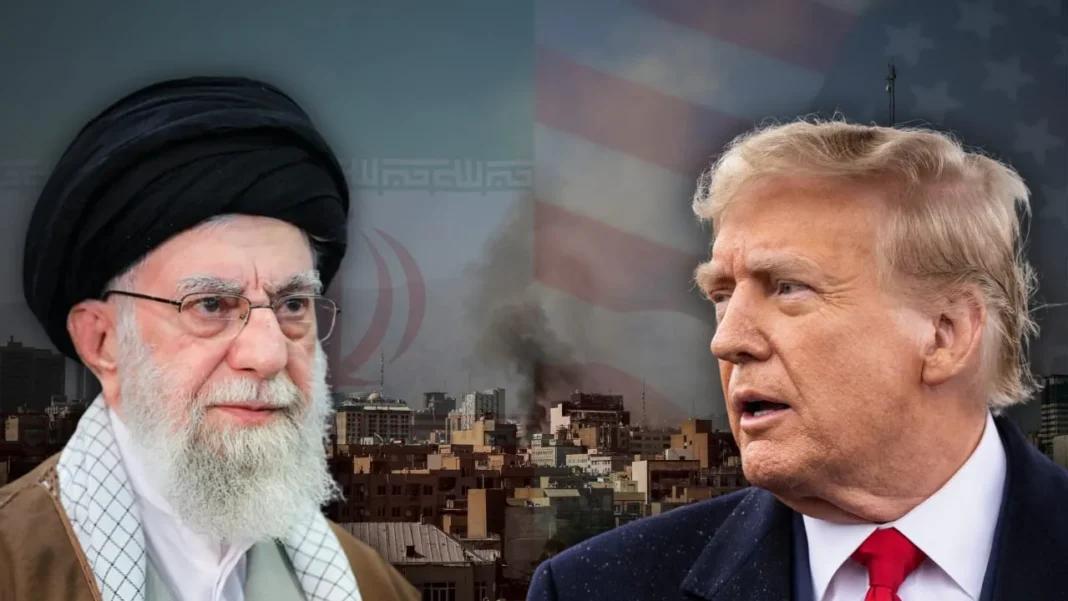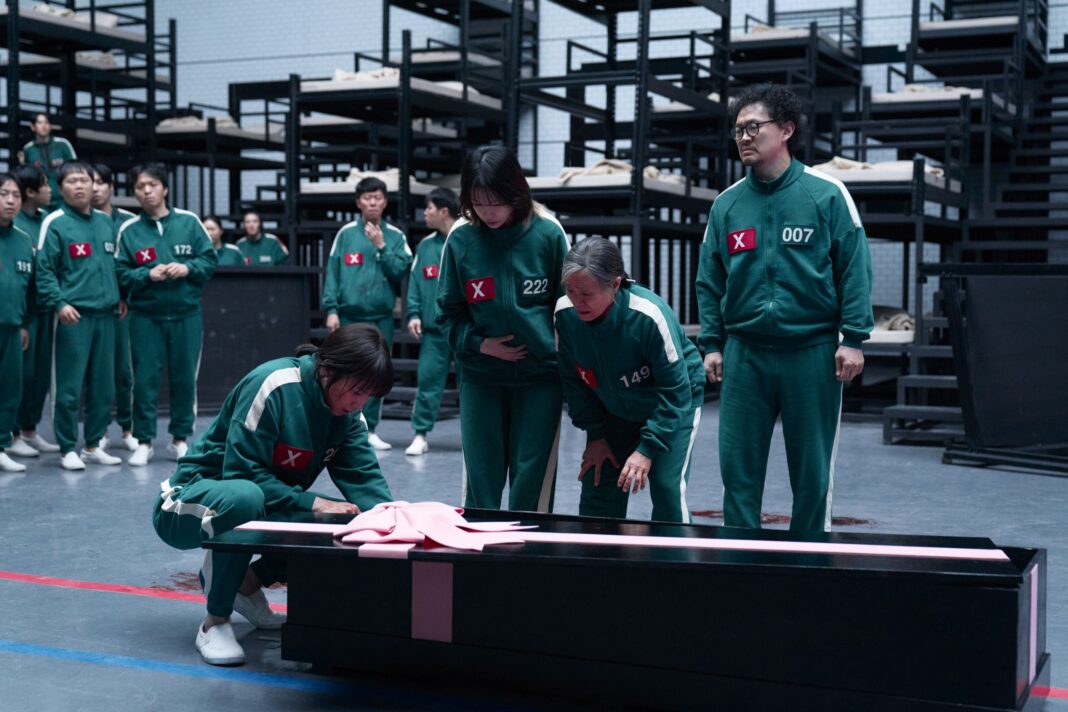Trump appears to be asserting that the US strikes on Iran have destroyed the Iranian nuclear program, making it less urgent for the US to reach a deal.
The US airstrikes on Iran and Iran’s response helped pave the way for a US-backed ceasefire that ended 12 days of fighting between Israel and Iran on June 24.
Qatar backed the ceasefire, but a week later, it is unclear if the US and Iran will sit down again and talk. They had been talking prior to the Israeli strikes on June 13. There had been half a dozen rounds of talks.
The Middle East and the wider global community are watching what might come next. Messaging matters from both the White House and Tehran.
Iran, meanwhile, also doesn’t seem to trust the current ceasefire and wants to make sure that if they accept a new round of talks, they won’t be bombed again. Iran also seems to feel betrayed and humiliated by the airstrikes.
It is unclear if Iran will return to the negotiating table
BBC noted on June 30 that Tehran’s deputy foreign minister has said that the “US must rule out any further strikes on Iran if it wants to resume diplomatic talks.” The BBC noted that “Majid Takht-Ravanchi said the Trump administration told Iran through mediators that it wanted to return to negotiations this week, but had not made its position clear on the ‘very important question’ of further attacks while talks are taking place.”




